About Us | Learn more about 3mdeb
Who we are
We are a small but worldwide-recognized embedded firmware development consultancy that leverages years of industry experience to provide innovative solutions. We help hardware OEMs and ODMs to achieve their full potential, security, and reliability of delivered products through Dasharo open-source firmware distributions. Dasharo combines coreboot, EDKII (UEFI reference implementation), LinuxBoot, U-Boot, and other open-source firmware projects to provide clean and simple code, long-term maintenance, transparent validation, privacy-respecting implementation, liberty for the owners, and trustworthiness for all.
We support the medical industry using Verified Boot and Secure Boot technologies for Real-Time Operating Systems and Embedded Linux. Hyper-scale cloud providers get our firmware design and security skills to secure their computing infrastructure. Trusted Computing and Trusted Execution Environment applications are used and developed by us every day. There is no embedded software, firmware, or close-to hardware related challenge we would not consider.
Our activity on high-profile professional conferences (Platform Security Summit, FOSDEM, Xen Developers Summit, and others), organization and co-organization of various events (Qubes OS mini-summit, GRUB2 mini-summit, LPC System Boot and Security Microconference) position us as a recognized community member and leader in evangelizing the use of open-source solutions.
Over the years, the community recognized us as coreboot licensed service providers, UEFI Adopters, LVFS Consultants, and Yocto Participants and accepted our membership in OpenPOWER Foundation.
Our team consists of passionate engineers and developers from open source software, firmware, and hardware communities, frequent conference speakers, and people who love to tinker with bits. Every day we develop bleeding-edge low-level security solutions using top open-source frameworks.
COMPANY PRESENTATION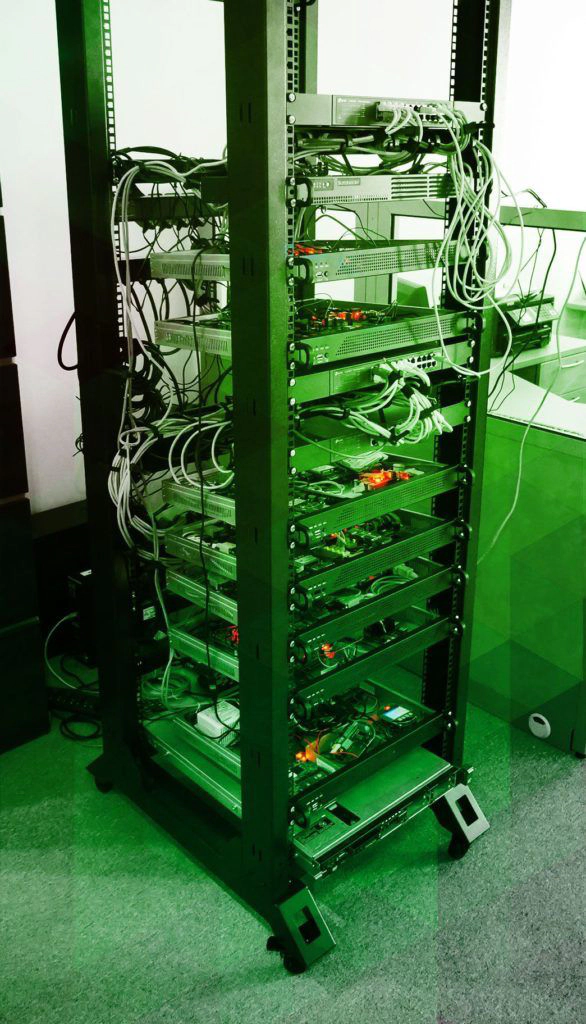
Leadership

Piotr
Król
CEO

Ewa
Król
Vice President

Maciej
Pijanowski
Engineering Manager

Małgorzata
Werecka-Styba
Director of Finance and Administration

Michał
Żygowski
Firmware Engineer

Artur
Raglis
DevOps Engineer

Rafał
Kochanowski
Senior Project Manager
Partners & Customers

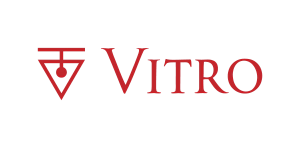







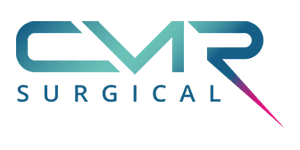
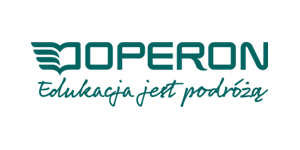
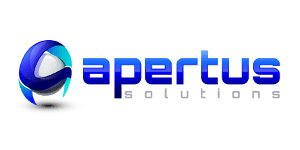
Clients
Testimonials
Our Clients Map

We are Registered

Yocto Participants
The Yocto Project is a Linux Foundation collaborative open source project whose goal is to produce tools and processes that enable the creation of Linux distributions for embedded and IoT software that are independent of the underlying architecture of the embedded hardware. The project was announced by the Linux Foundation in 2010 and launched in March, 2011, in collaboration with 22 organizations, including OpenEmbedded.
The Yocto Project’s focus is on improving the software development process for embedded Linux distributions. The Yocto Project provides interoperable tools, metadata, and processes that enable the rapid, repeatable development of Linux-based embedded systems in which every aspect of the development process can be customized.
In October 2018, Arm Holdings partnered with Intel in order to share code for embedded systems through the Yocto Project.
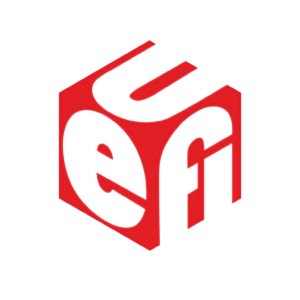
UEFI Adopters
The Unified Extensible Firmware Interface (UEFI) is a specification that defines a software interface between an operating system and platform firmware. UEFI replaces the Basic Input/Output System (BIOS) firmware interface originally present in all IBM PC-compatible personal computers, with most UEFI firmware implementations providing legacy support for BIOS services. UEFI can support remote diagnostics and repair of computers, even with no operating system installed.
Intel developed the original Extensible Firmware Interface (EFI) specification. Some of the EFI’s practices and data formats mirror those from Microsoft Windows. In 2005, UEFI deprecated EFI 1.10 (the final release of EFI). The Unified EFI Forum is the industry body that manages the UEFI specification.

Licensed provider for quality coreboot consulting services
coreboot, formerly known as LinuxBIOS, is a software project aimed at replacing proprietary firmware (BIOS or UEFI) found in most computers with a lightweight firmware designed to perform only the minimum number of tasks necessary to load and run a modern 32-bit or 64-bit operating system.
Since coreboot initializes the bare hardware, it must be ported to every chipset and motherboard that it supports. As a result, coreboot is available only for a limited number of hardware platforms and motherboard models.
One of the coreboot variants is Libreboot, a variant of coreboot aiming to be fully free of proprietary blobs.
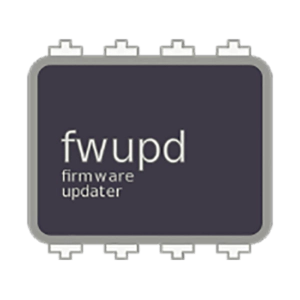
LVFS consultant




